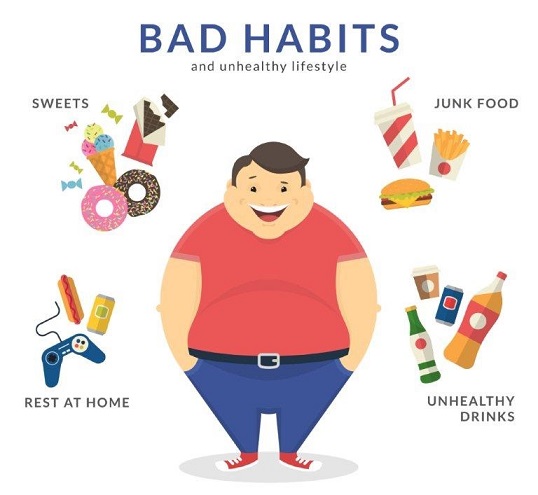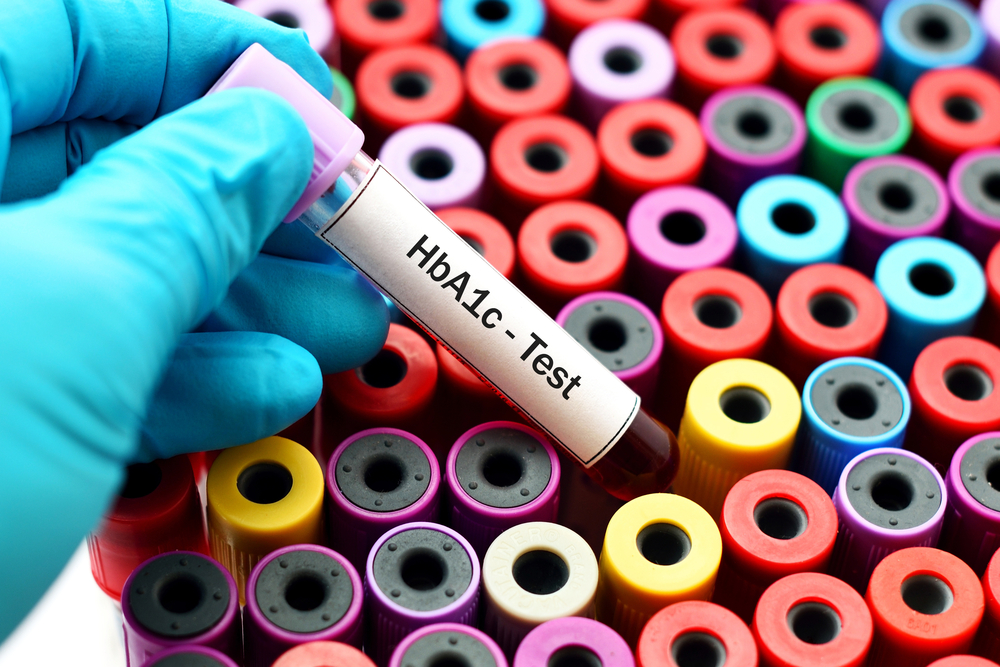Is Diet And Exercise Alone Sufficient To Control Diabetes?

Diabetes is a chronic health condition that arises when the pancreas does not produce sufficient insulin or the body cannot use the insulin it produces. Insulin is a hormone that regulates blood sugar.
Diabetes control involves maintaining stable blood sugar levels to prevent hyperglycemia (high blood sugar) and hypoglycemia (low blood sugar). Proper diabetes control helps minimise the risk of long-term complications like nerve damage, eye problems, and heart disease.
Significance of a nutritious diet for diabetes control
A nutritious diet is an essential part of managing diabetes. One should know what, when, and how much to eat daily. By practicing a suitable diet, a person may control their diabetes. A proper diet maintains blood glucose levels within the desired range, hence effectively reducing the risk of diabetes-related complications.
What are the best foods that lower blood sugar?
Carbohydrates significantly impact blood sugar levels, so be cautious about how much one should consume. Limit refined carbohydrates like packaged meals, refined flour, sodas, rice, white bread, and snacks.
Instead, the best food for diabetes control is high-fibre, complex carbohydrates. These are also known as slow-release carbs, as they are digested slowly, preventing your body from producing too much insulin. Some high-fiber foods include sweet potatoes, cauliflower mash, and leafy greens.
Healthy (unsaturated) fats are another best food for diabetes control. These fats come from avocados, olive oils, and nuts. Also include sources of omega-3 fatty acids, like tuna, salmon, walnuts, soybeans, and flaxseeds, in your diet.
Some specific food items can help optimize blood sugar levels. Here are some foods that lower blood sugar levels:
- Citrus fruits, such as grapefruits and oranges,
- Kale
- Chia and pumpkin seeds
- Beans and lentils
- Okra
- Broccoli
- Seafood
Importance of exercise for diabetes control
Exercise increases insulin sensitivity, which means your muscle cells can use insulin better to take up glucose during and after physical activity. Also, when the muscles contract during exercise, they can take up glucose and use it for energy, even if little insulin is available.
Regular exercise not only helps in lowering blood sugar levels in the short term but also has long-term benefits. For instance, if you exercise regularly, it can lower your HBA1C. HBA1C is a measure of your average blood glucose level over the past three months.
Recommended exercises for diabetes control are:
- Aerobic activities like cycling, brisk walking, and swimming.
- Strength training to increase muscle mass and improve insulin sensitivity.
- Doing exercises like yoga for stress reduction and overall well-being.
Benefits of exercise for diabetes control
Here are some of the benefits of indulging in exercise for diabetes control.
- Reduces risk of cardiovascular diseases: Walking for at least two hours a week reduces heart disease risk in people with diabetes.
- Lower risk of heart disease among women: Women with diabetes who do moderate or vigorous exercise for at least four hours a week have a 40% lower risk of developing heart disease, even after considering other risk factors like BMI (body mass index) and smoking.
- Reduces HbA1C levels: Any exercise, like aerobic or resistance training, helps reduce HbA1C levels for people with diabetes.
Ways to manage diabetes
Managing diabetes with diet and exercise alone is insufficient; doctors may prescribe medications to lower blood sugar levels. However, the effectiveness of these medications depends on the timing and the dose.
Besides medication, regular monitoring and check-ups are also essential for managing diabetes effectively. Thus, as suggested by the doctor, you may get-
- HbA1C test twice a year or as your doctor recommends.
- Blood pressure checks at every visit.
- Cholesterol test once a year.
- Kidney function and urine microalbumin test annually.
Also, get an eye examination done annually. People with diabetes are at a higher risk of developing eye problems like cataracts and diabetic retinopathy than non-diabetics.
Is diet and exercise enough for diabetes control?
A healthy lifestyle, comprising a healthy diet and regular physical activity, forms the bedrock of effective diabetes management. But sometimes, diet and exercise alone might not be enough. Regular check-ups and testing also help to prevent diabetes.
It is recommended to regularly visit a cardiologist for regular monitoring and check-ups. Cardiologists can suggest suitable tests that help determine the status of sugar levels. Being aware, that a healthy diet and exercises may prevent or delay diabetes-related complications such as kidney diseases, heart attacks, stroke, blindness, and even amputation
Thus, a healthy diet, exercise, medication, and regular monitoring can effectively aid in diabetes control.
Note: The above content is for informational or educational purposes only and does not substitute for professional medical advice or consultations with healthcare professionals.













